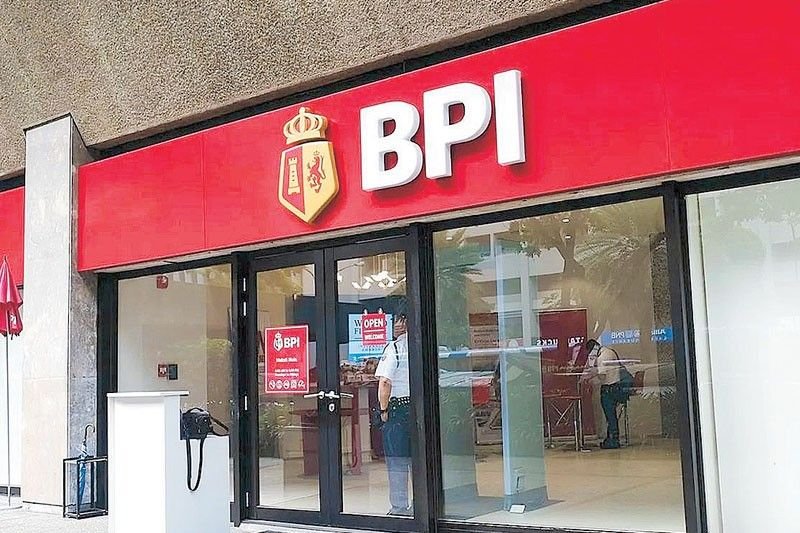November 1, 2025 | 12:00am
Ahead of BSP deadline
MANILA, Philippines — Ayala-led Bank of the Philippine Islands (BPI) is confident of meeting the Bangko Sentral ng Pilipinas (BSP)’s deadline for compliance with the Anti-Financial Account Scamming Act (AFASA), even as the entire banking industry continues to align its systems and processes with the new anti-fraud framework.
Jon Paz, enterprise information security officer and data protection officer at BPI, said the bank is “by and large already compliant” with the BSP’s requirements under AFASA, although there are still areas being finalized in coordination with other banks.
“We are confident that we will be fully compliant when day one comes,” Paz said, noting that full implementation is expected by the first half of next year.
According to Paz, the BSP has given banks until the second quarter of 2026 to comply fully with AFASA requirements.
“We’re confident that we’ll be able to comply,” he said. “All things being equal, we are confident that we will meet it.”
The BSP earlier issued Circulars 1213, 1214 and 1215 in May, implementing Republic Act 12010 or the AFASA Law, which seeks to strengthen the country’s defense against online scams and fraudulent financial accounts.
Under the circulars, banks are required to tighten their account verification processes, share fraud-related information across institutions and cooperate in the swift freezing of suspect accounts.
While the BSP has the authority to suspend the licenses of banks that fail to comply, Paz said such warnings reflect how the central bank prescribes operational standards for the industry.
He said that fighting fraud requires collective action.
“The combat against fraud requires a collective effort. It’s an all-of-nation approach. If there is a weak link in the system, then that gets to be exploited,” he said.
Fraud, he noted, threatens to undermine the progress made in digital payments and financial inclusion.
“Fraud undermines the legitimacy of e-commerce,” he said.
Paz also said that BPI has been among the contributors to the AFASA framework, with one of the early drafts of the law coming from a BPI team officer.
He explained that the remaining steps toward full compliance depend largely on coordination among all banks, especially in updating customer terms and conditions for account opening, credit card applications and online transactions.
“We can’t word it in one way, and the other banks will word it differently. So there will be gaps between banks,” Paz said, adding that while implementing AFASA entails significant operational adjustments, BPI views it as an investment in consumer protection.
Paz said no cases have yet been handled under AFASA since the framework is still being finalized, but banks have started taking preparatory steps, including increased information-sharing to curb scams.


